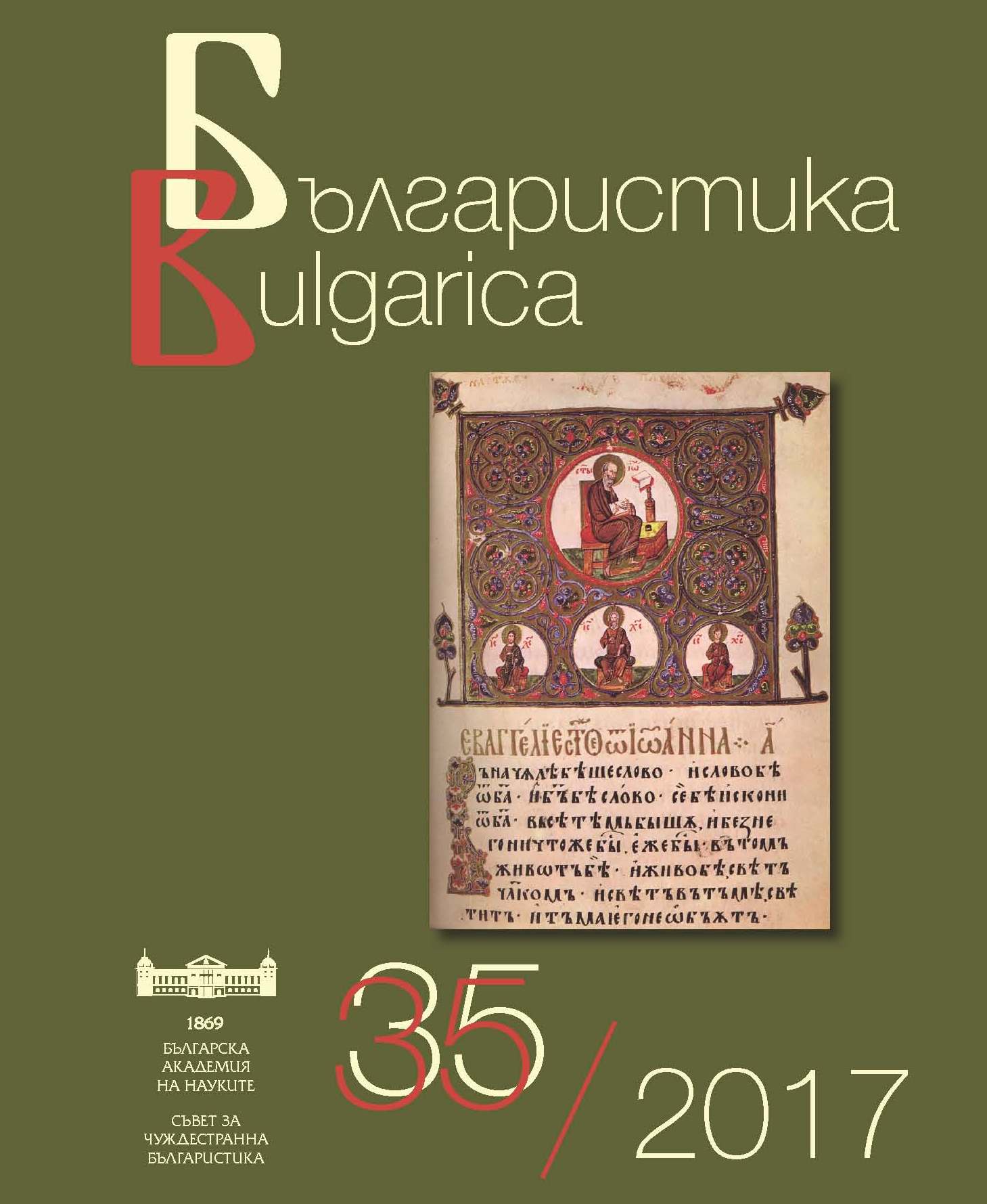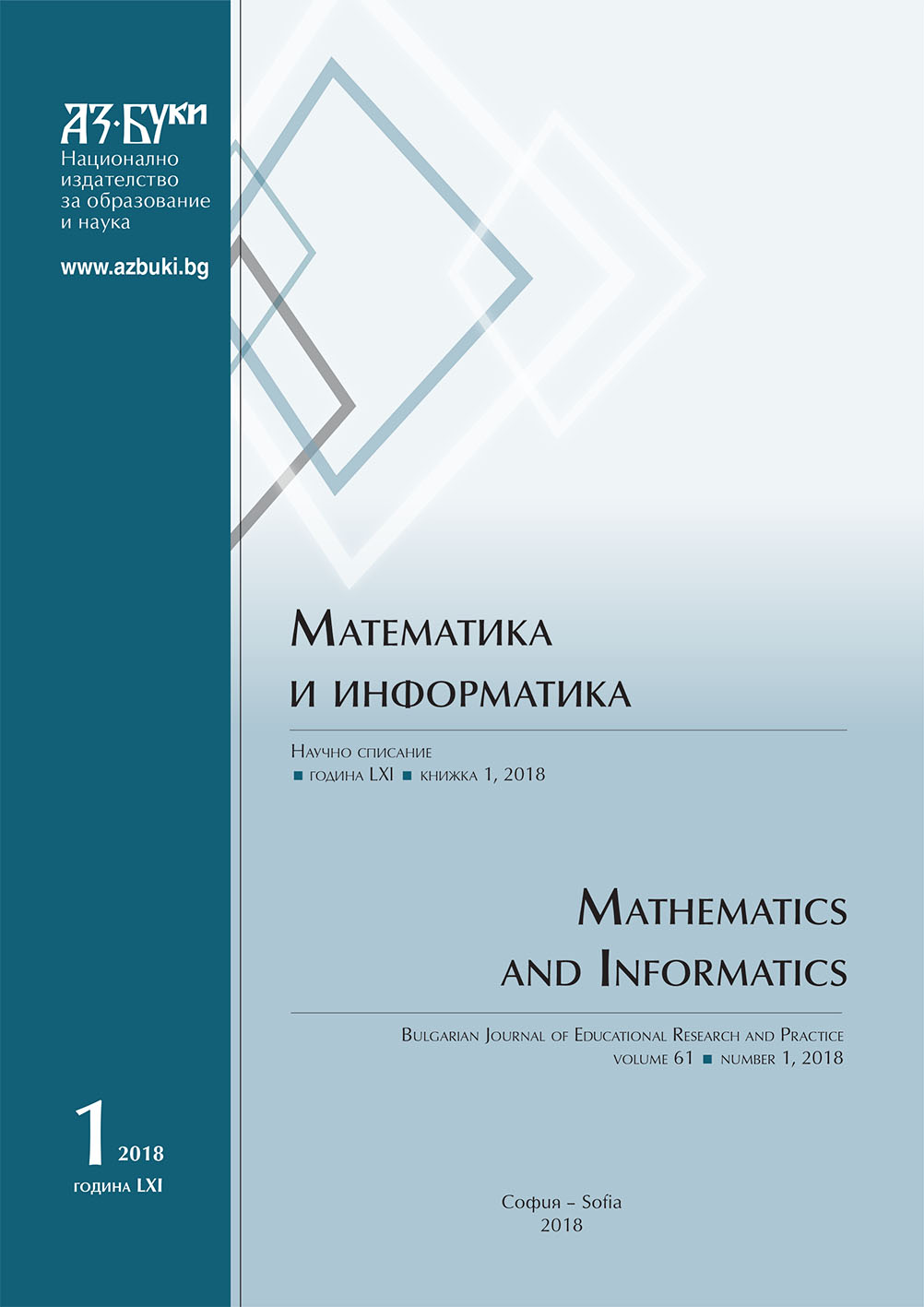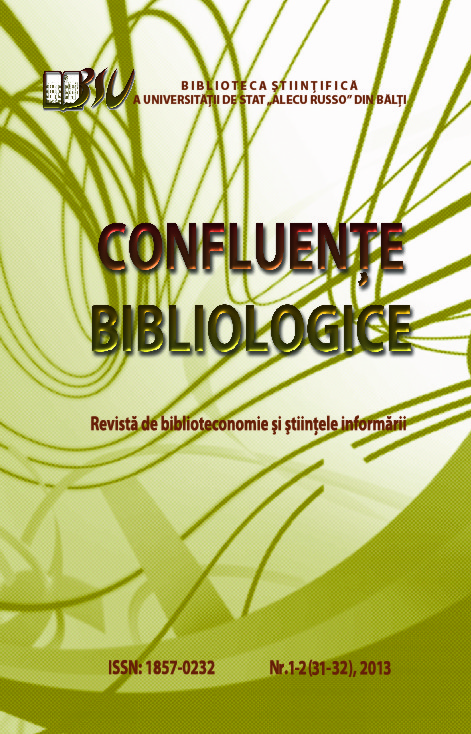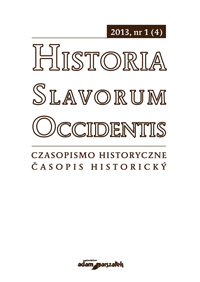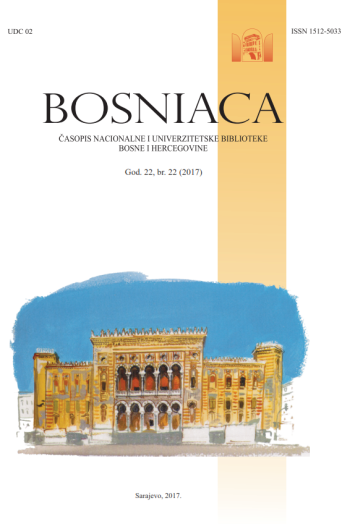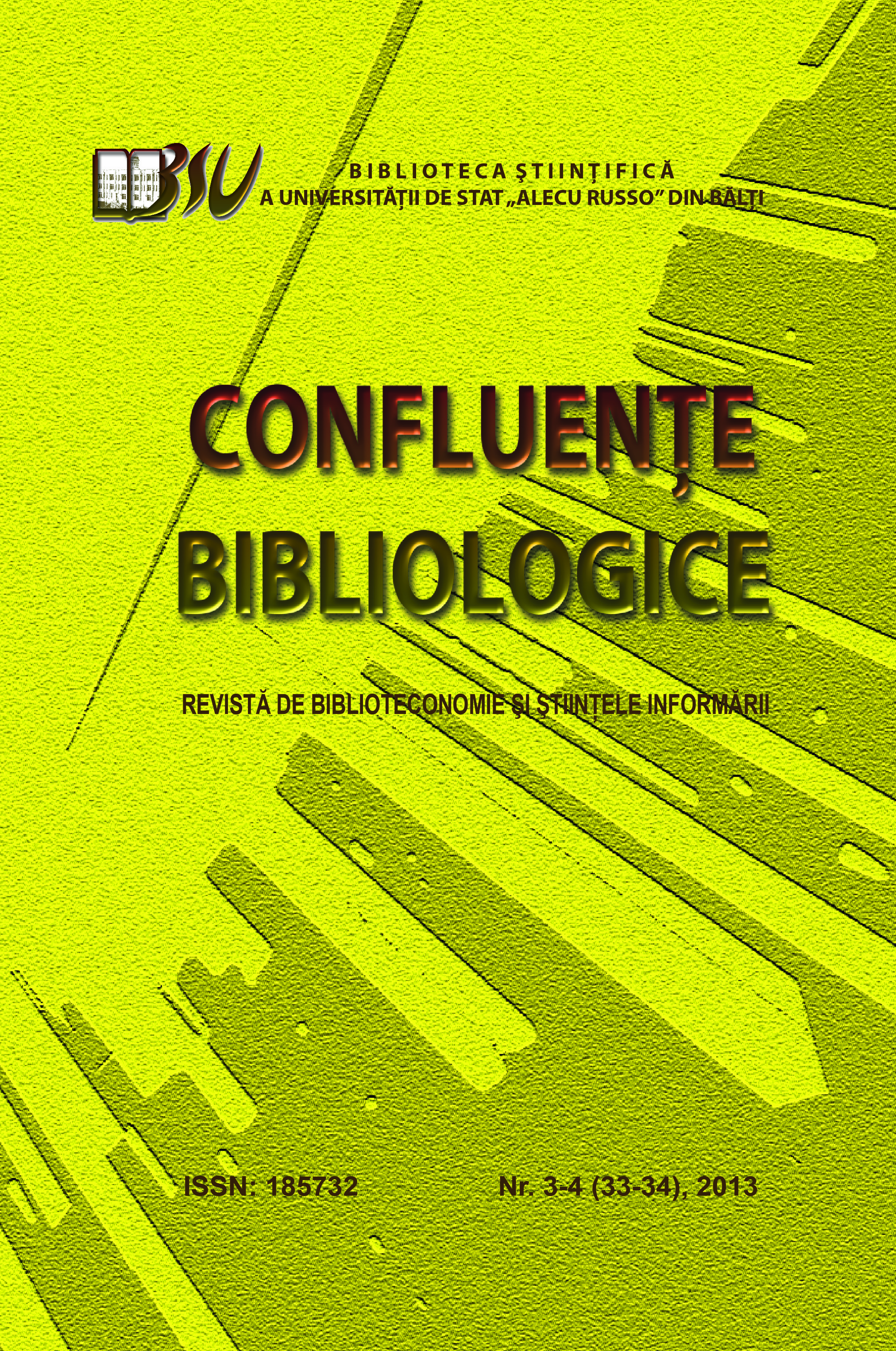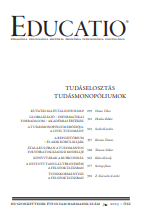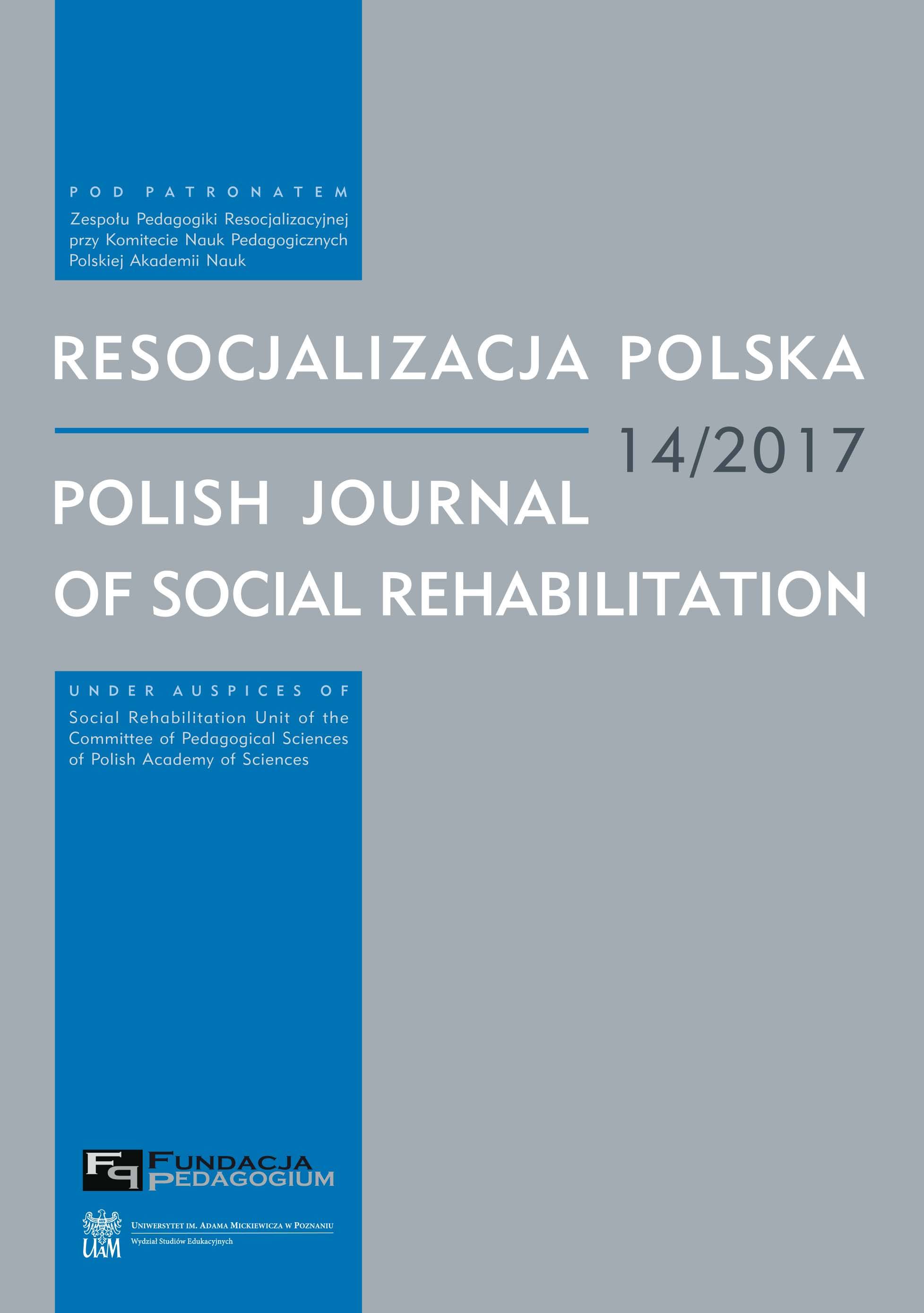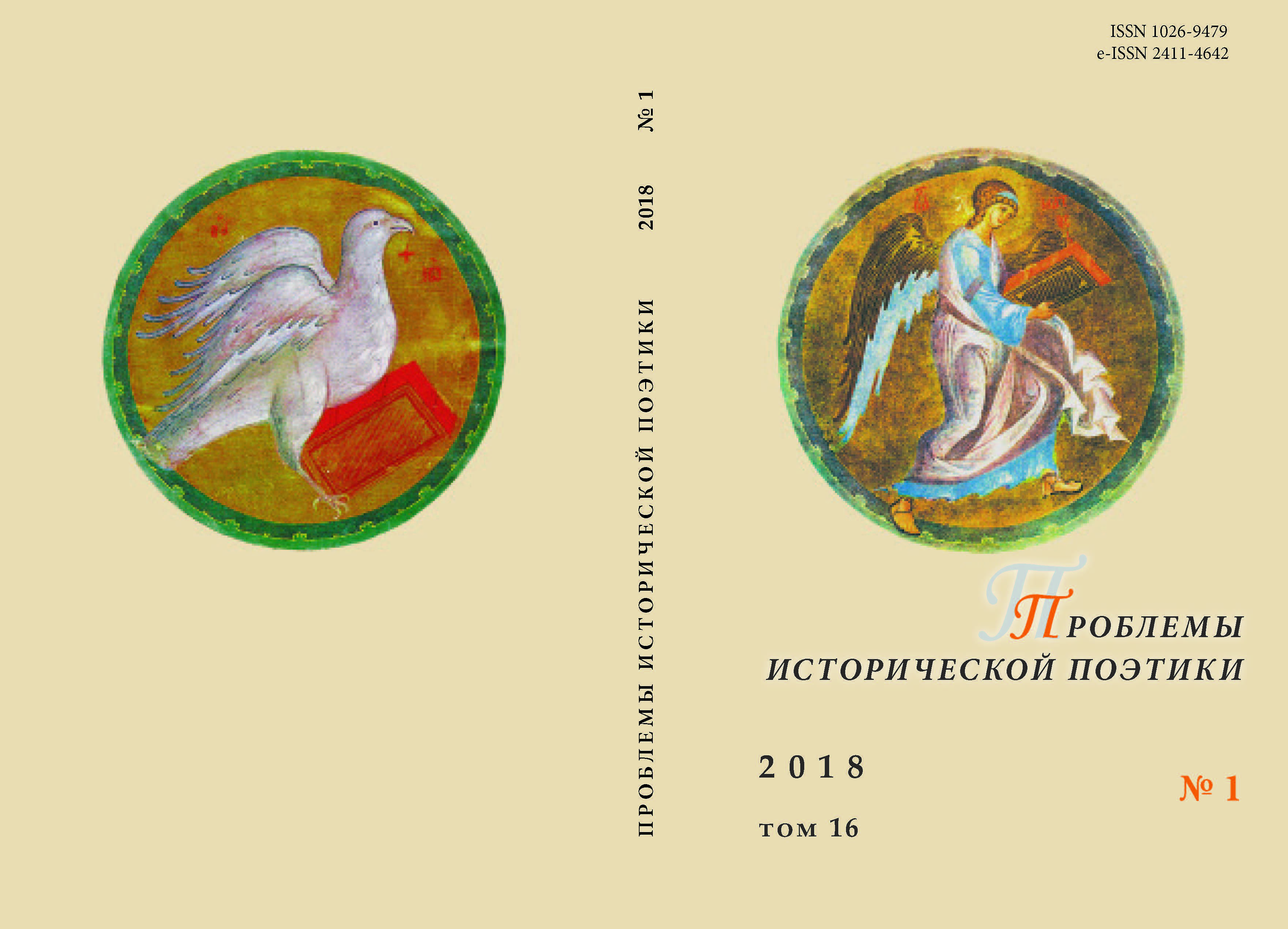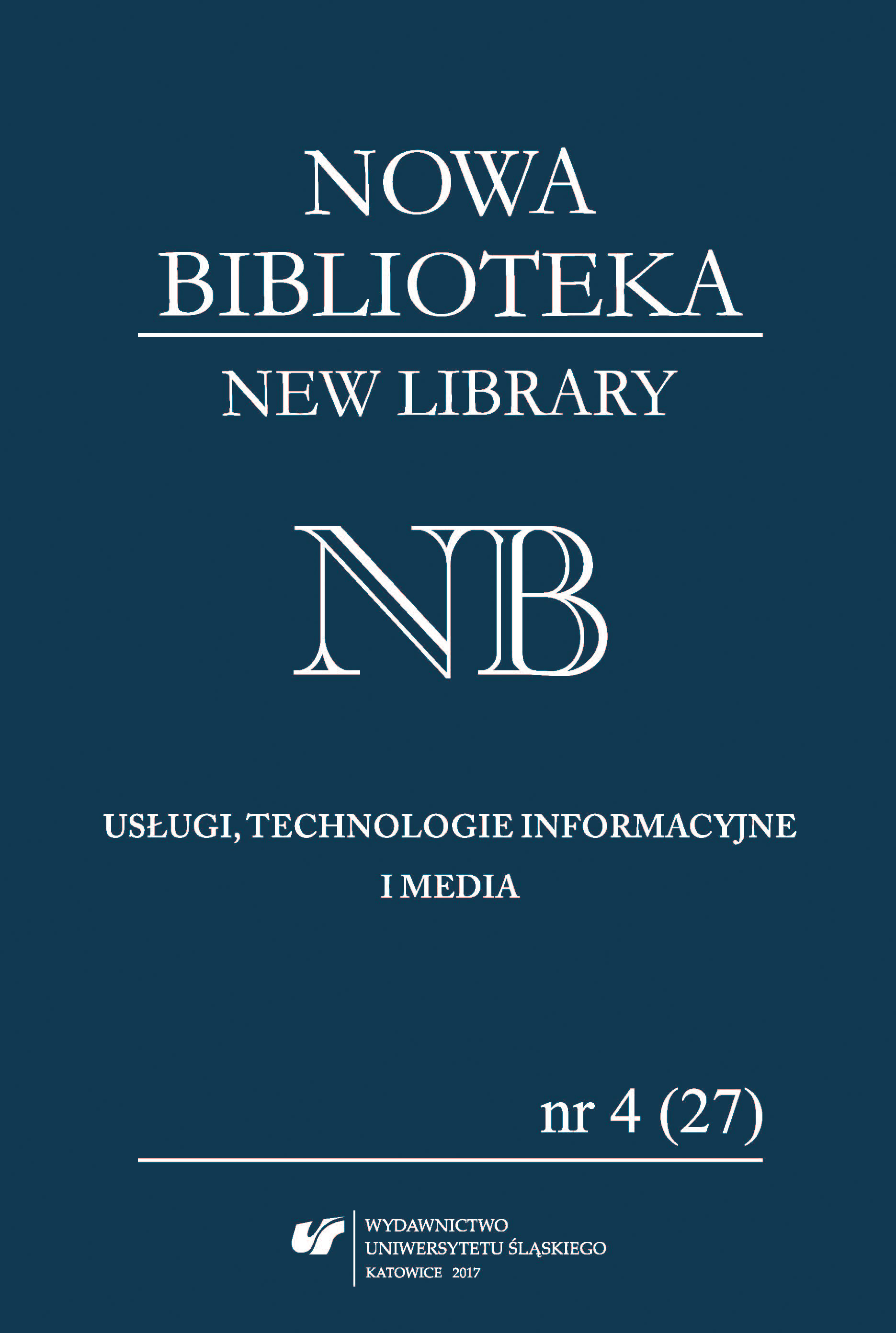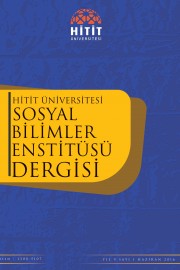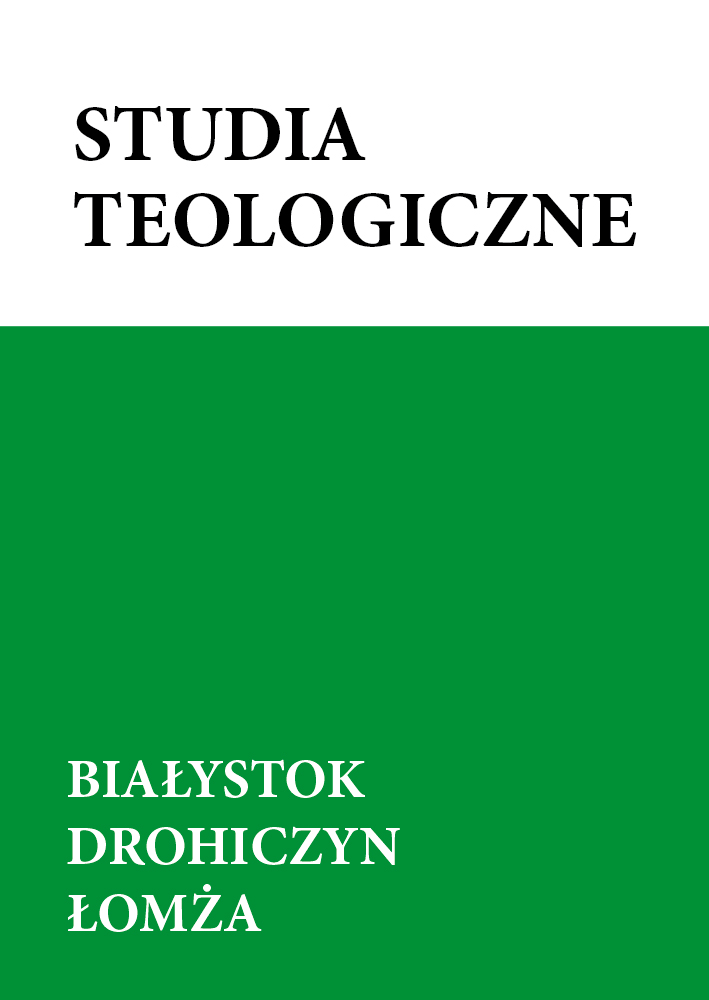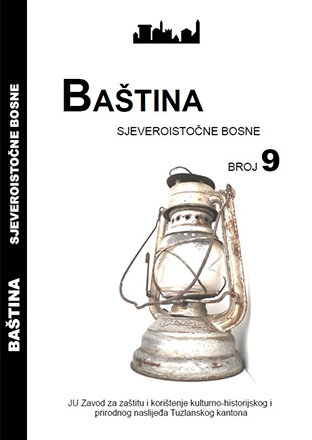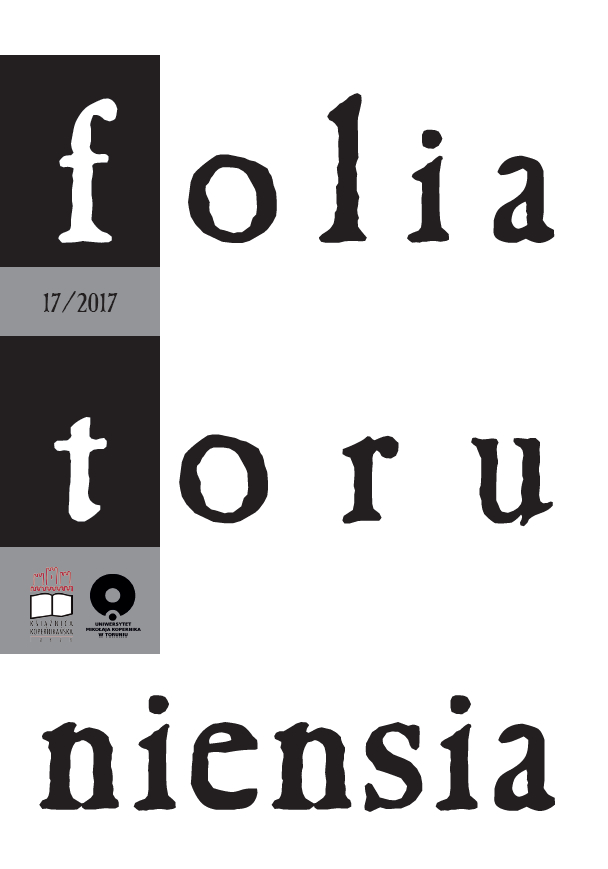The Benefit of Using of Authentic Materials and New Technologies in the Culture Teaching in Foreign Languages’ Classes
The first part provides an analysis of the concept of culture: the one related with the academic meaning of the word, which expresses the level of a society’s evolution regarding literature, music, and painting, i.e. artistic and intellectual expressions of a society. In addition, this concept includes the anthropological perspective which encompasses the way of life, customs, traditions, beliefs, mindsets, principles, as well as abilities that the individual and the community in which he lives have developed. Further on, an analysis is provided of the concept of culture in glottodidactics and its importance in the program of studying a foreign language. The second part highlights the importance of learning culture and civilization in the foreign language classroom; this is a major task which every teacher and instructor should pay close attention to: when learning a foreign language it not only necessary to acquire knowledge of its morphology and syntax, but also to study aspects of culture and civilization. In order to optimally achieve this, the teacher can use different methods to analyze cultural differences; for example comparisons, simulations, newspapers, media and the classroom too. The third part focuses on the importance of authentic material as this material originally reflects the culture in a particular moment and context. In this way, by the use of this material, the teacher provides students with a way of understanding situations and foreigners’ behavior, in this case the persons who represent the culture and the language being learnt. New technology, such as video and internet, is very good sources of authentic material. Internet is particularly a mere environment where students can interact in order to improve their communicative competences and where they can discover the culture of the language which they are learning.
More...
